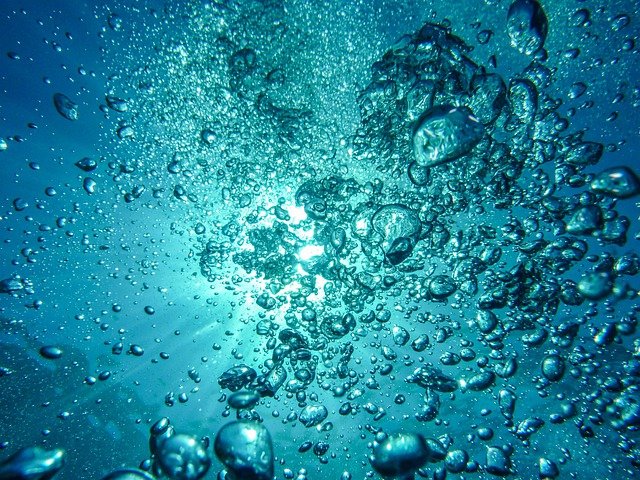
A stable water source is crucial to farm activities. It is vital to have an adequate amount of water, as excess water supply can cause as many problems as insufficient supply.
Farming requires enough water for optimum growth, which also depends on other factors. Knowing the water needs of your farm allows you to plan your activities, prepare for drought and make necessary provisions to mitigate drought.
Peak water demand
Peak water demand is the highest amount of water required for farm activities. Water needed for farm activities varied daily throughout the end of the year. Factors like climatic conditions affect plants and animals, while animal feeds determine how much water they take.
Some factors determine the water required for farm operations and are listed below:
- Area to be watered
- Types and sizes of crop
- Time of the year
- Environmental control system
- Types of irrigation system
- Leaching
- Air Movement
- Solar radiation
Factors affecting farm water needs.
When calculating your farm water needs, Bear the following in mind:
● Future needs for water
It is crucial to consider the future water required to keep farming running. Take note of activities and possible changes like purchasing the adjacent farmland, which may require more water. Such activities include the stocking rate, which can rise, decrease, or remain constant.
● Drought
Drought has economic, social, and environmental effects on farm businesses and communities. Using rain gauges online, drought can be properly monitored.
The recent drought dried up most farm dams, streams, and rivers. Similarly, the drop in rainfall drastically affects the surface runoff, and the problem is compounded by the high evaporation rate, which mainly affects the small farm dams.
All of those above necessitate the need to plan against drought when planning water required for your farm. Among strategies used to mitigate drought on farm activities are:
- Destock when drought is approaching.
- Irrigation,
- Construct a big drought-reserve big dam
- Storage tank to collect rainwater
● The quality of water
Quality water is essential to successfully run farm activities and maintain plant and animal health and plant production.
Water quality can determine how much water is required for certain activities. For instance, farm animals will need more water where the salt content of water is high.
The quality of water depends on the following factors;
- Turbidity
- Hardness
- pH
- Level of organic contaminant
- Salinity
● Existing water resources
The reliability of the source of water to your farm is essential. Water sources from public pipelines or municipal water are the most reliable as they are unlikely to be affected by drought. The next more reliable is groundwater. The effect of drought is most visible on streams, rivers, and farm dams as they tend to dry up.
How to manage farm water requirements
- Drainage control
- Use the most efficient irrigation system
- Improve the availability of water through the supply
- Efficient moisture management
You should not calculate the amount of water required for your farm in the present. Instead, in the future, while considering the uncertainties like drought. It is also crucial to make all calculations using the peak water demand.
